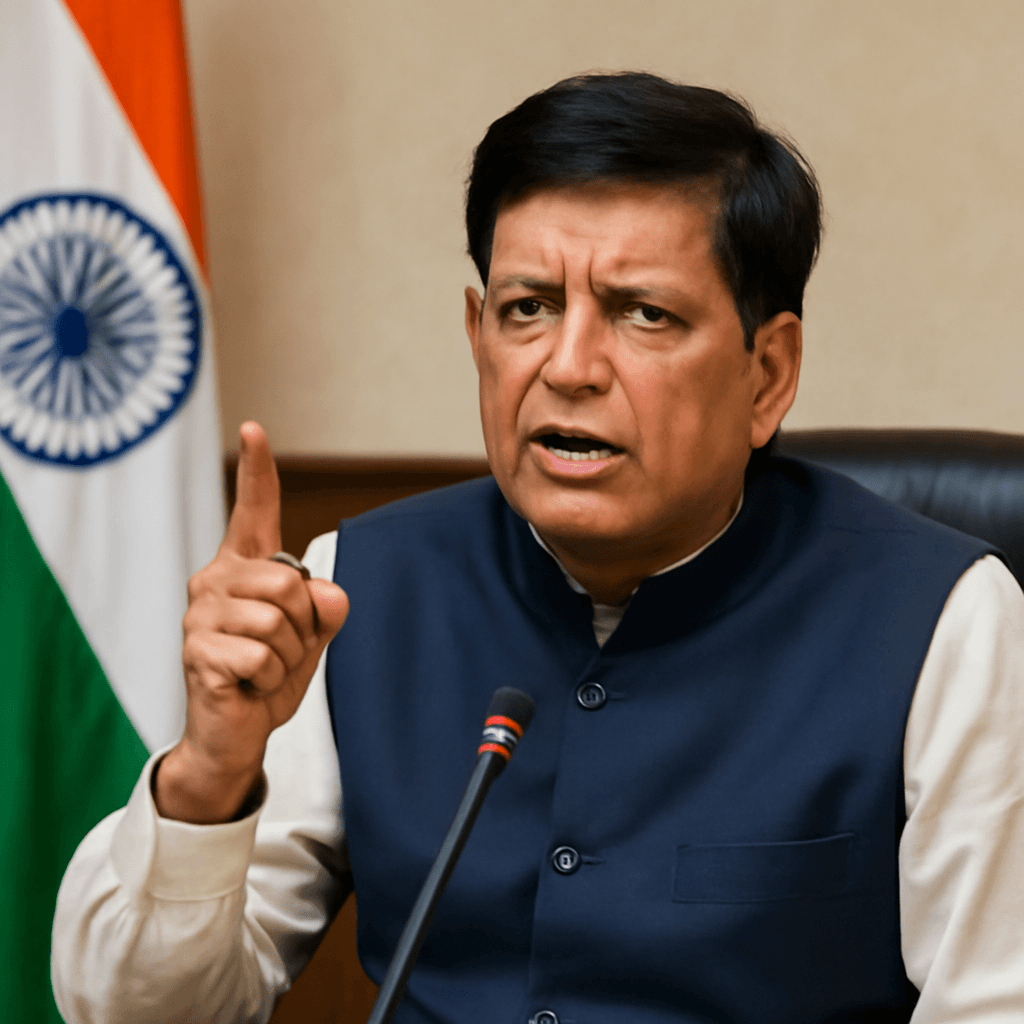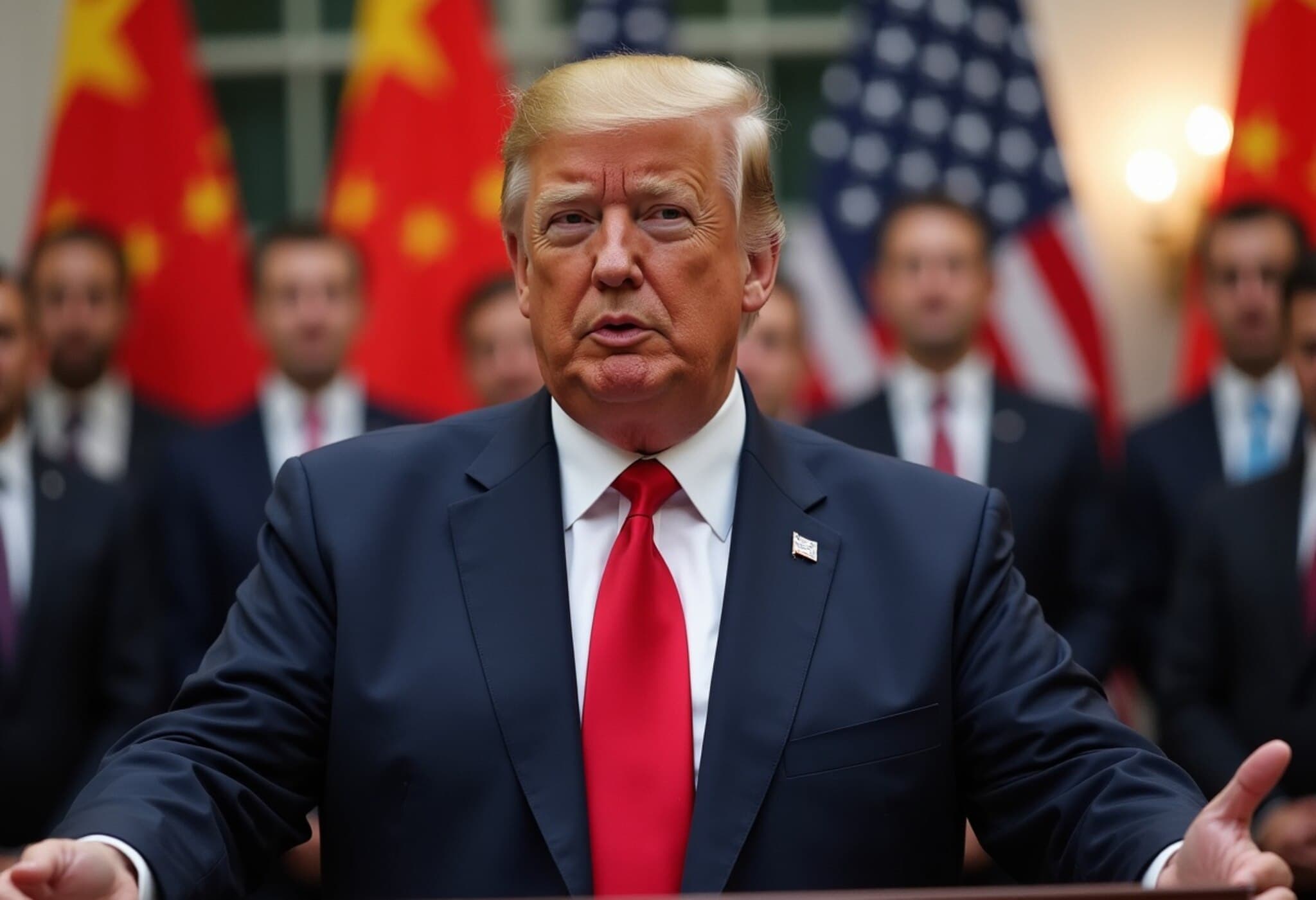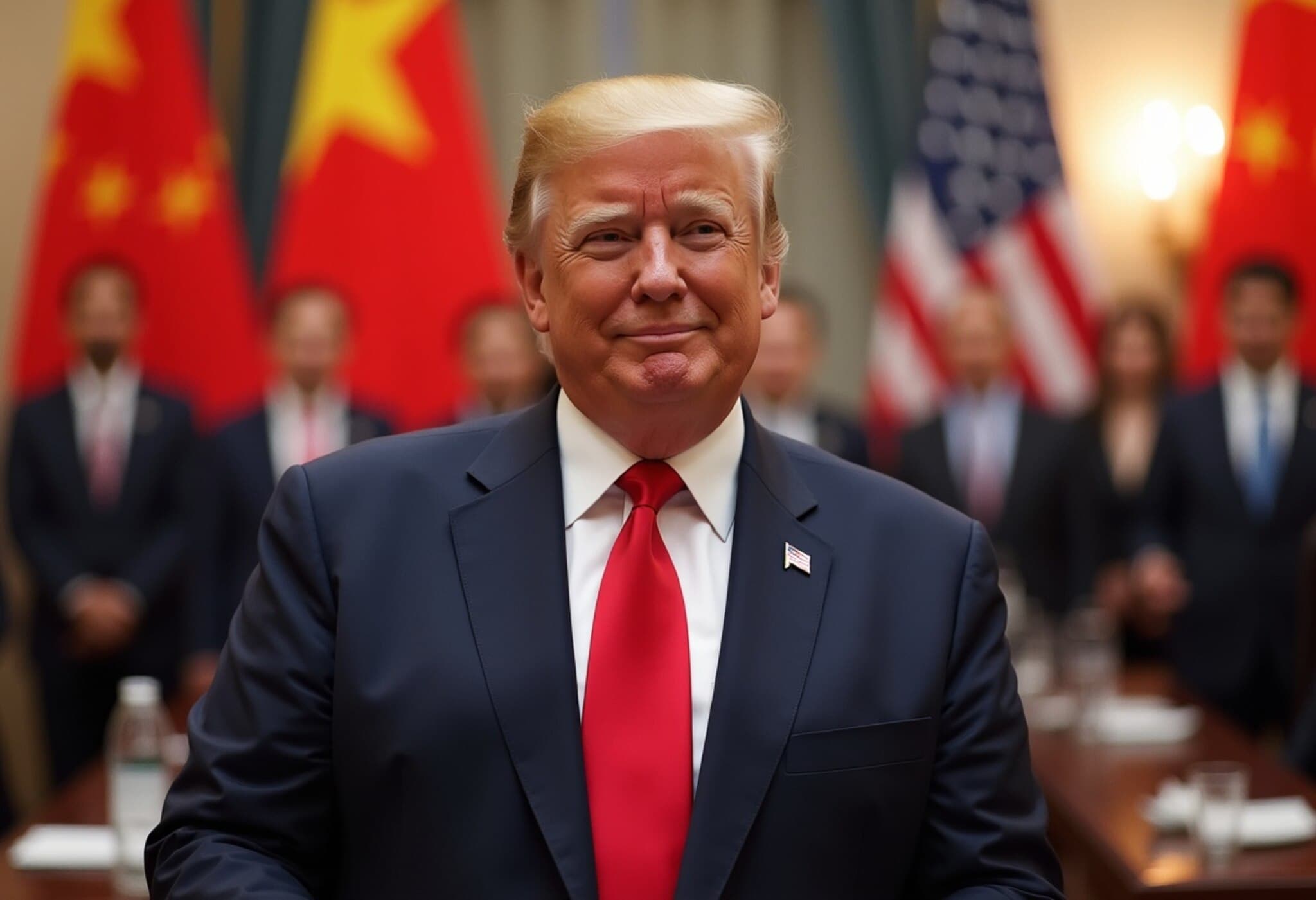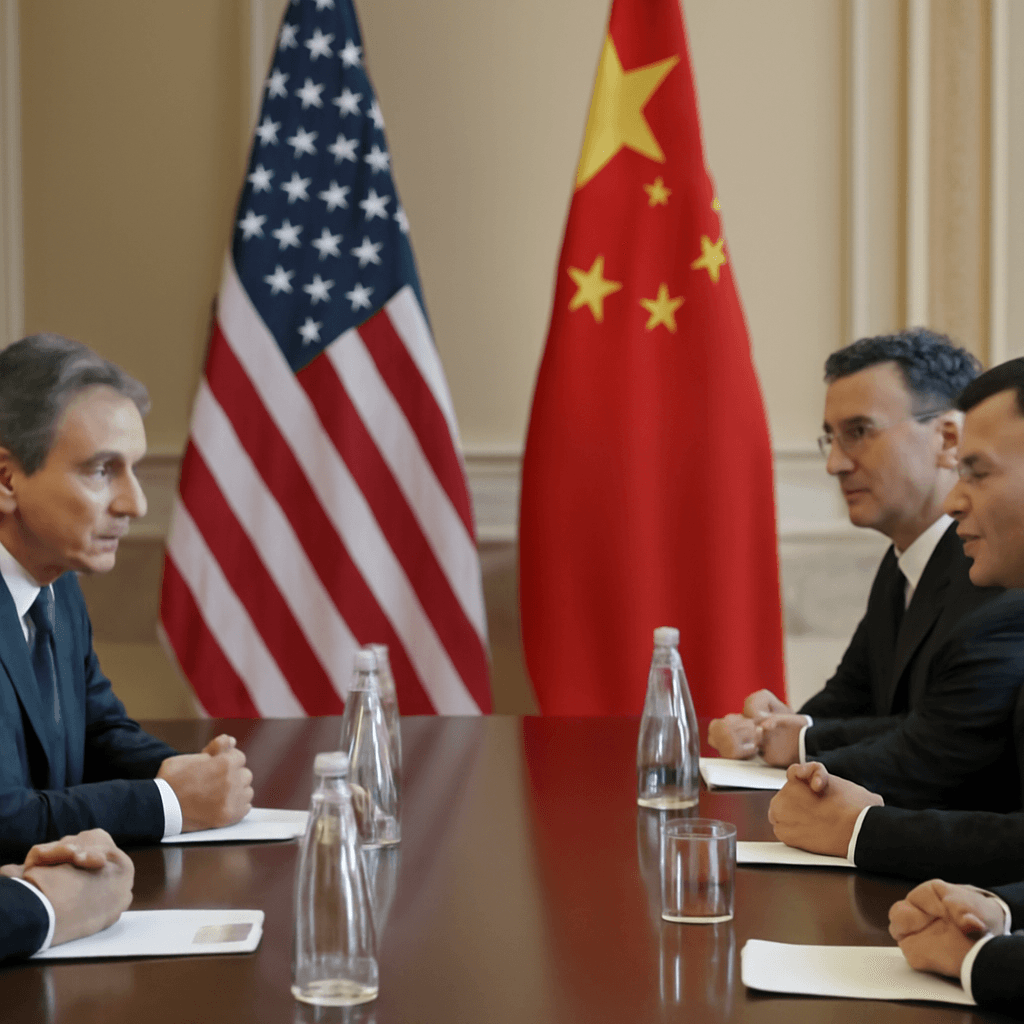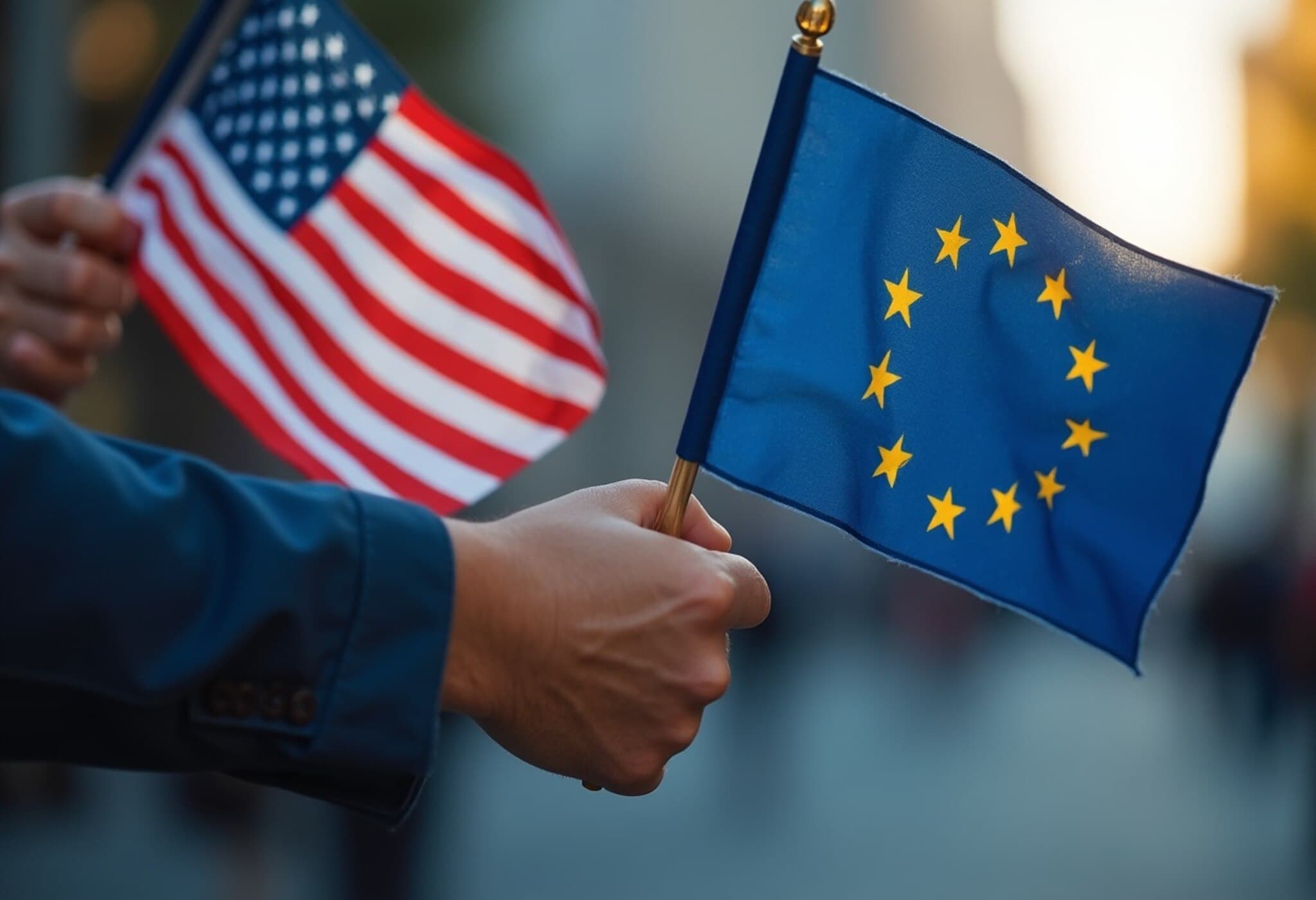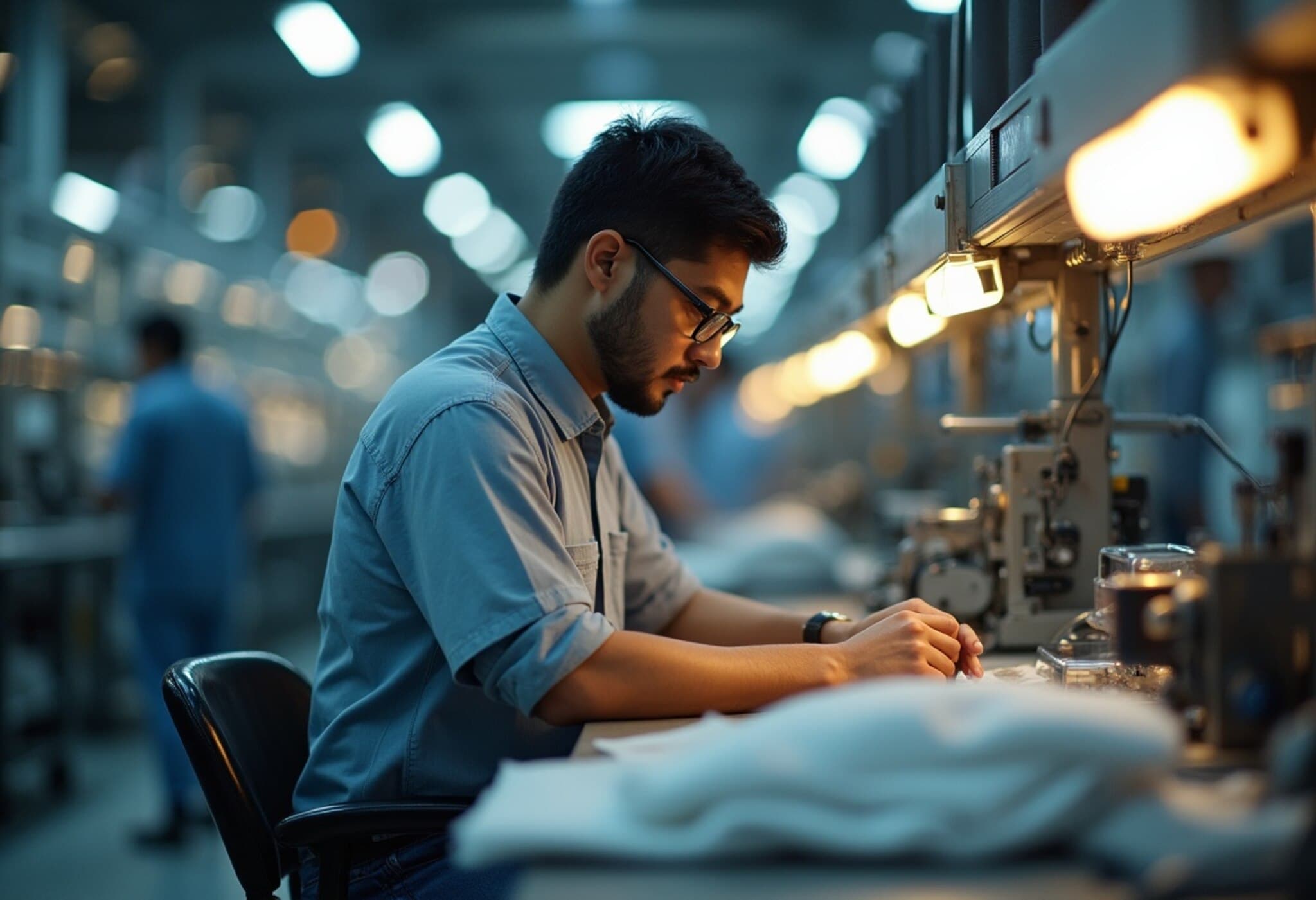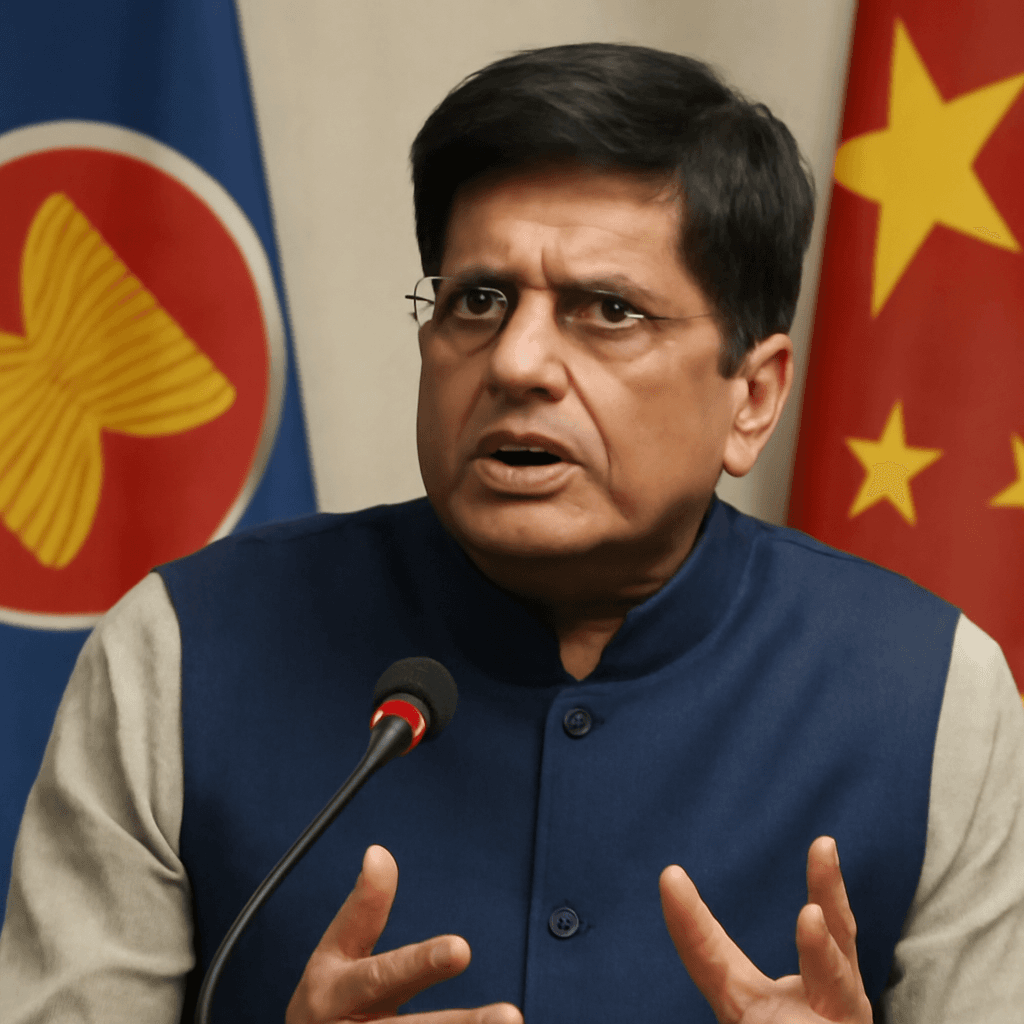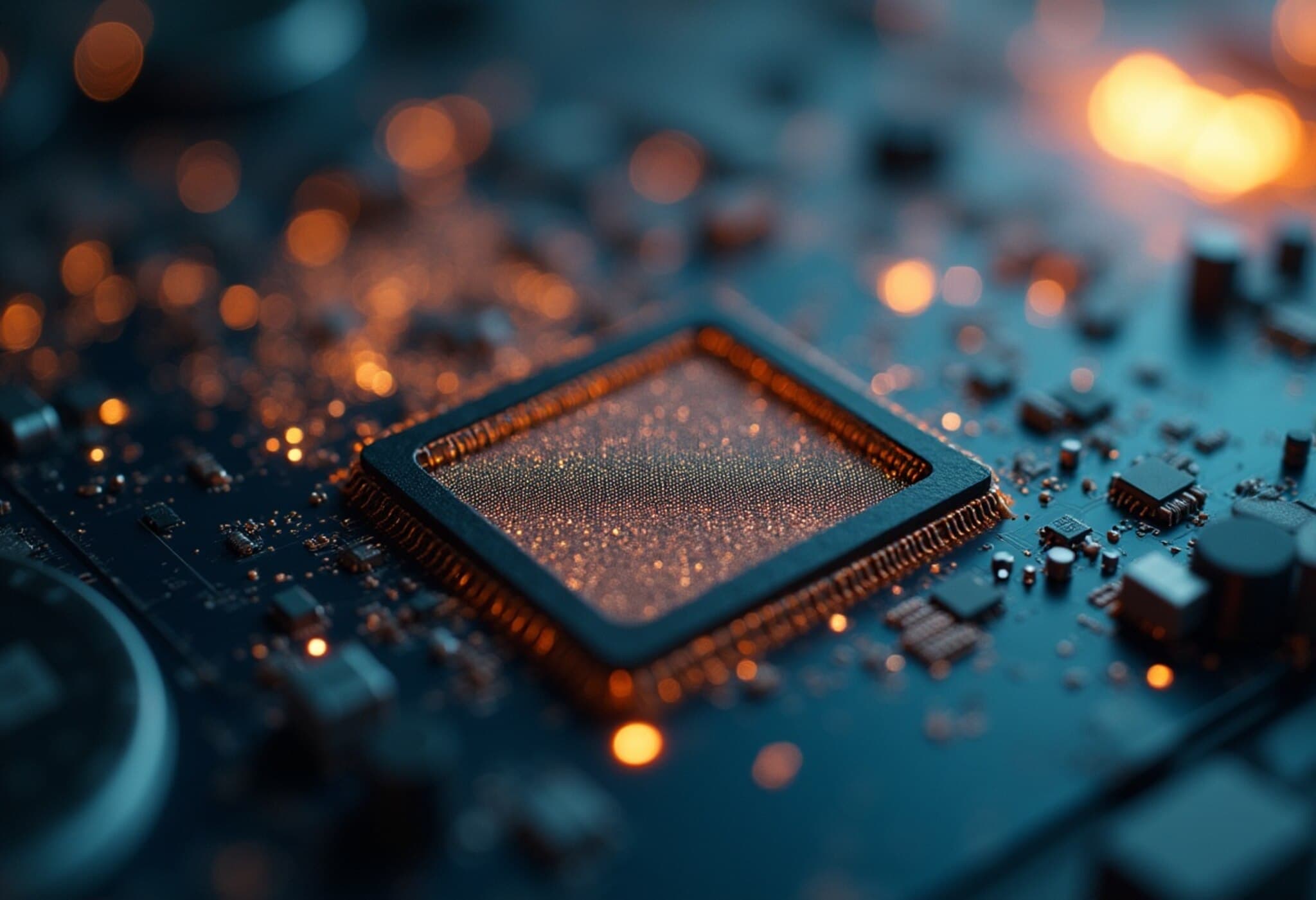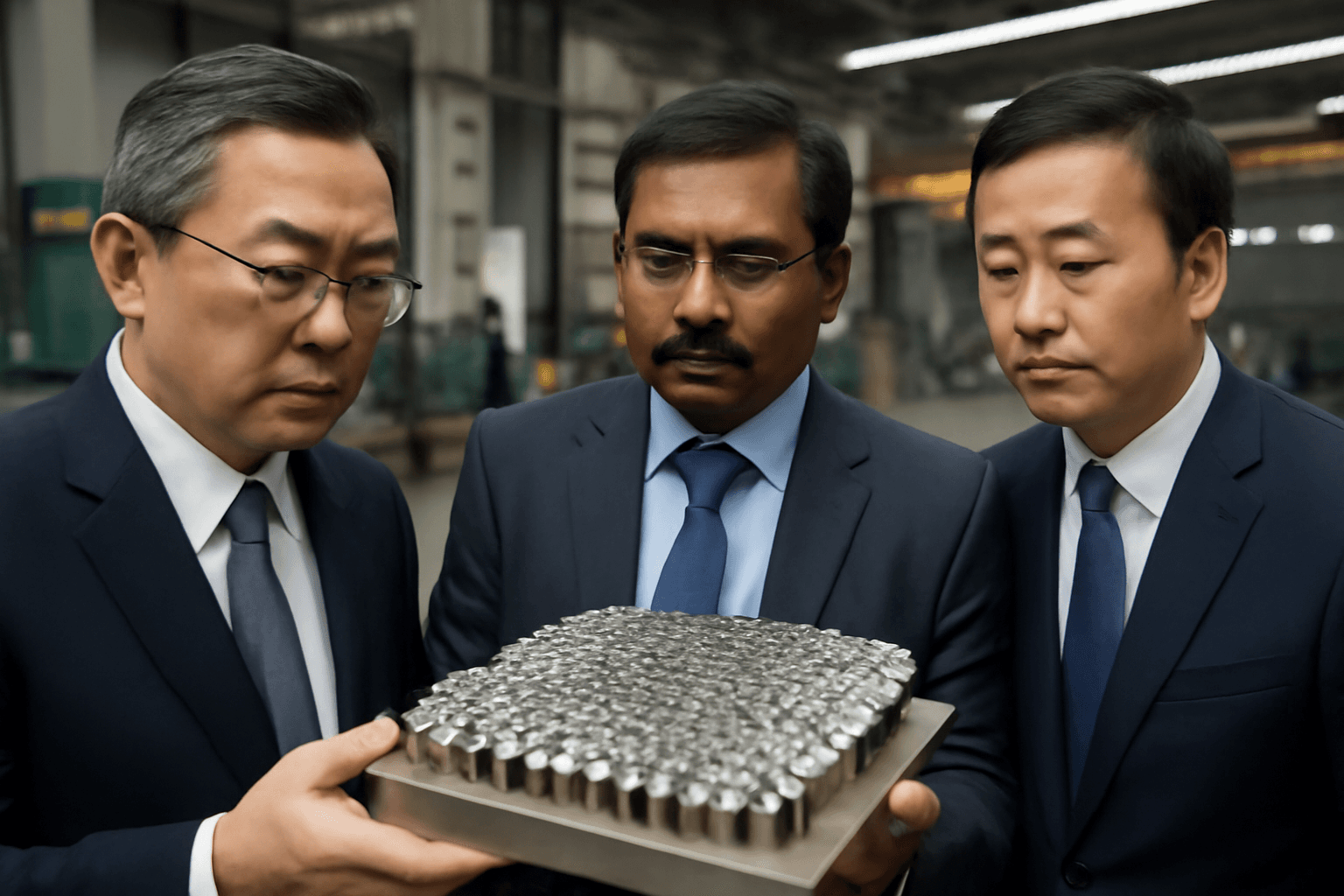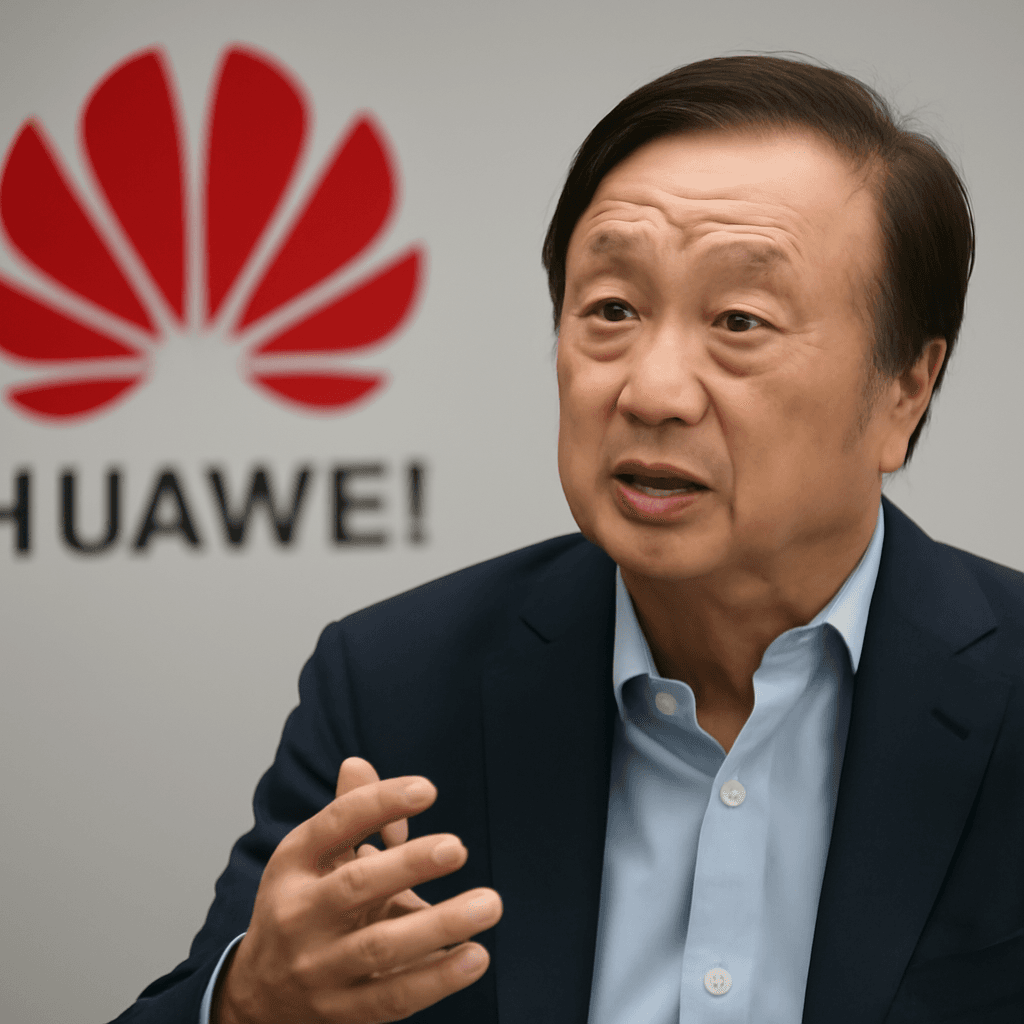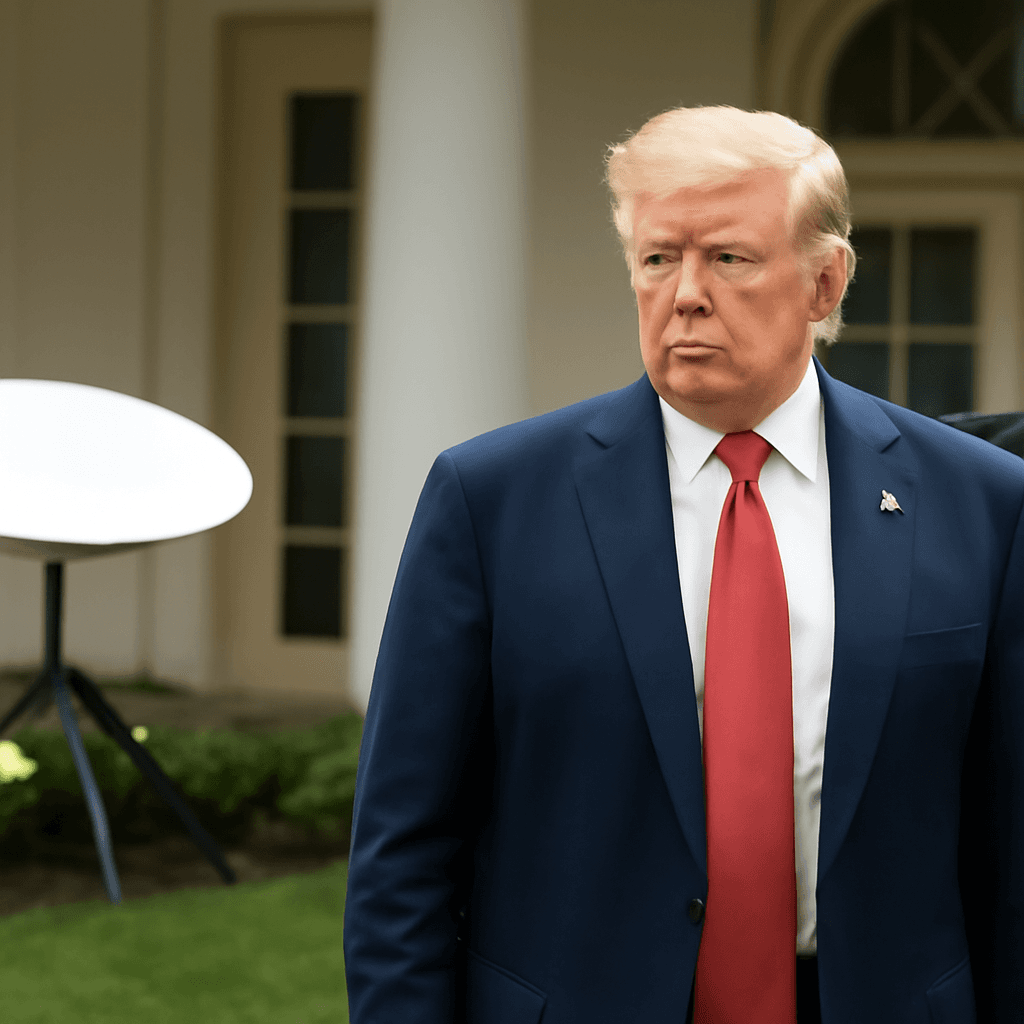China’s Rare Earth Export Restrictions Spark Global Alarm
Union Minister Piyush Goyal recently described China's clampdown on rare earth element exports as a sharp wake-up call for the global community. Addressing stakeholders during his visit to Switzerland, Goyal emphasized the urgent need for countries to diversify their supply chains and reduce excessive reliance on single sources, particularly China.
India's Strategy to Counter Supply Disruptions
In response to the export curbs, India is actively striving to secure alternative rare earth sources and establish itself as a dependable global partner. Goyal revealed that the government is engaging in robust diplomatic conversations with Chinese officials, while simultaneously pursuing new supply avenues beyond China.
Significantly, the government is bolstering support for Indian Rare Earths Limited to ramp up domestic production capacities and reduce external dependencies.
Technological Innovations and Collaborative Efforts
Beyond sourcing, India is investing in technological advancements aimed at lowering reliance on Chinese rare earth materials. Goyal underscored a multi-stakeholder approach, uniting government bodies, industries, startups, and innovators to collectively navigate this challenge. He expressed optimism that these coordinated efforts would transform short-term obstacles into long-term gains.
Challenges and Opportunities in Key Sectors
The automotive and white goods industries stand to face immediate impacts, given their dependence on rare earth magnets essential for electric vehicle components and other products. China currently dominates over 90% of the global rare earth magnet market, which introduces significant supply chain vulnerabilities.
With the new Chinese regulation effective since April 4 mandating special export permits for seven rare earth elements and magnetic products, potential disruptions loom large.
Government's Response and Industry Appeals
Goyal acknowledged concerns raised by automotive manufacturers about delays due to the suspension of permanent magnet imports from China. He assured that the government is prioritizing streamlined approval processes to facilitate critical imports and minimize production setbacks.
Several companies have already submitted applications for import permits, and Goyal hopes that pragmatic decision-making will expedite approvals to sustain industry momentum.
A Turning Point for India’s Manufacturing and Self-Reliance
Looking beyond the immediate crisis, Goyal framed this disruption as an opportunity to strengthen India's manufacturing ecosystem and promote the philosophy of self-reliance. He emphasized that global businesses are increasingly recognizing India as a trustworthy supply chain partner.
"There is a silver lining in this challenge," he noted, "as it encourages more companies to embed resilience in their supply chains and boost domestic capabilities."
The Road Ahead
In sum, while China’s rare earth export restrictions present tangible hurdles, India’s proactive diplomacy, expanded domestic production, and innovative technological pursuits position it well to emerge stronger. The synergy between policymakers, industry leaders, and innovators will be crucial in turning this global crisis into a milestone of progress.

